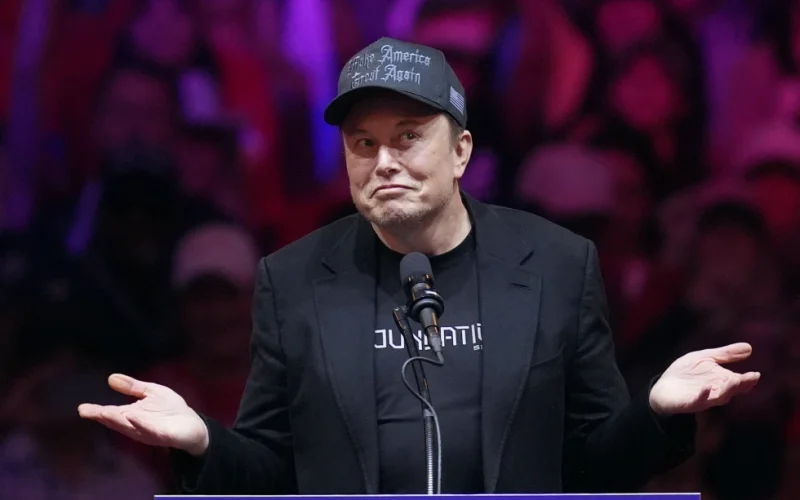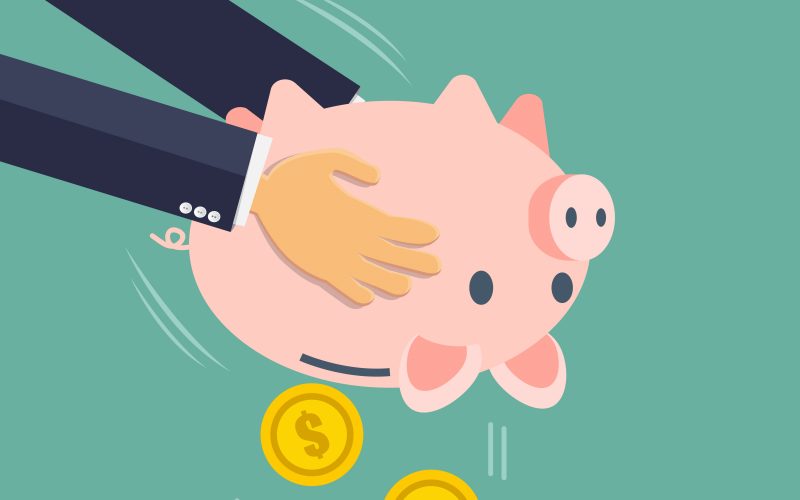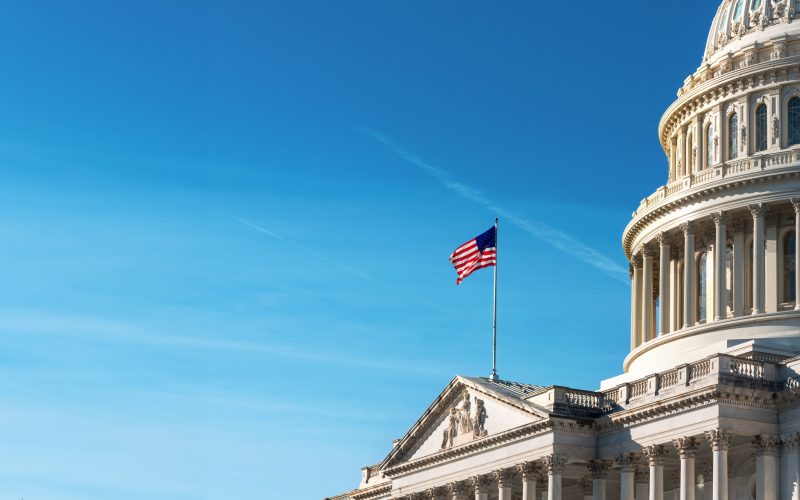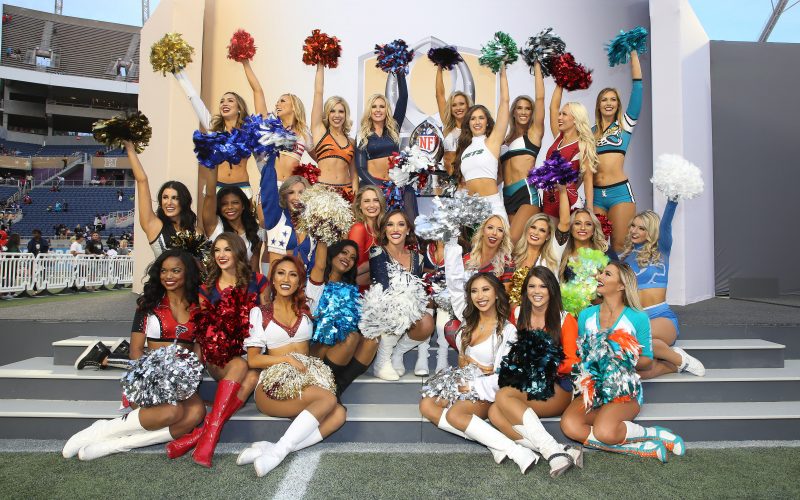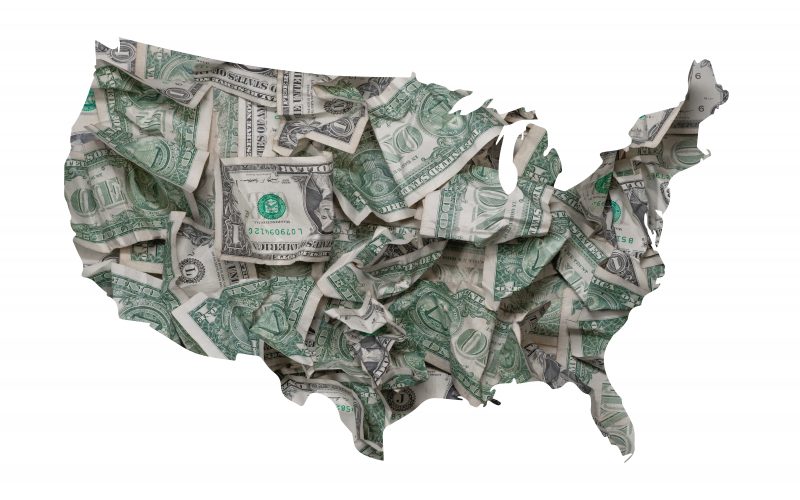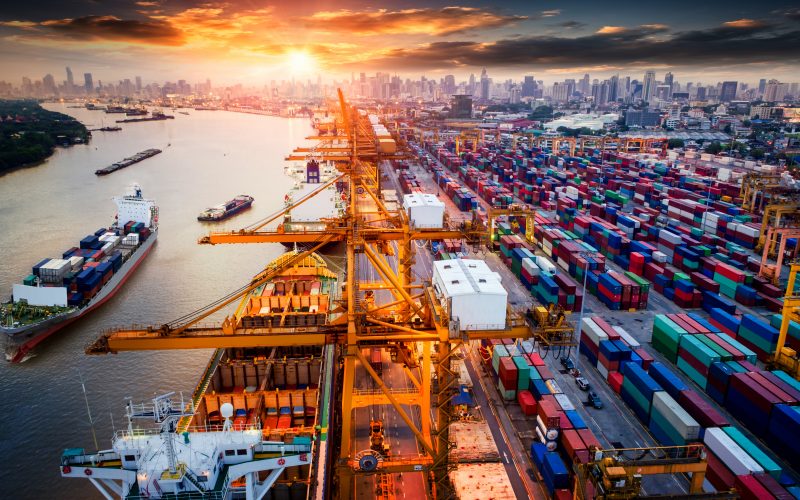Elon Musk and Vivek Ramaswamy have promised to cut $2 trillion from the federal budget with their Department of Government Efficiency. Simon Rabinovitch is U.S. economics editor for The Economist, and he joins host Krys Boyd to discuss how it may actually be possible to generate significant cost cutting – but not in the time frame the president-elect is hoping for.
Read more